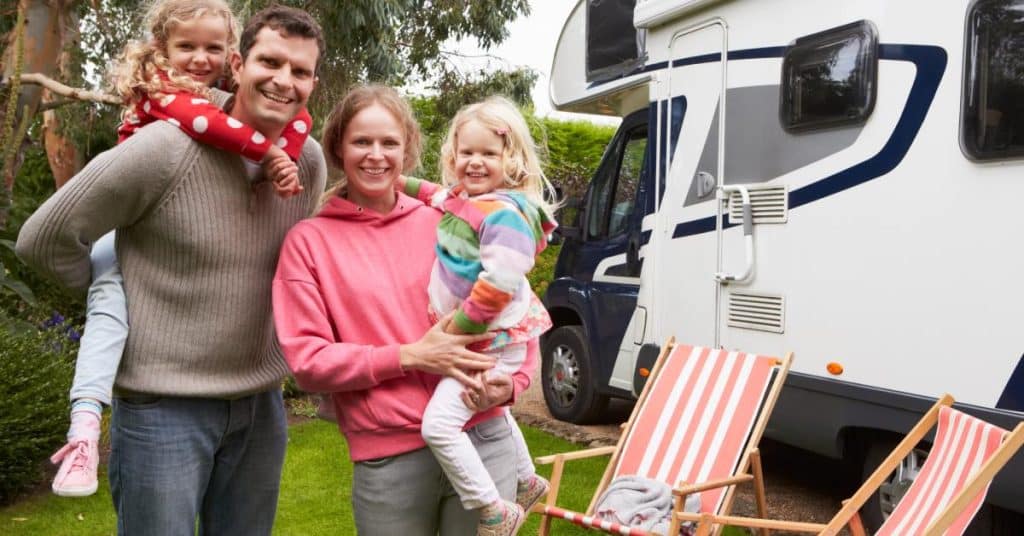U.S. life expectancy increased by almost 30 years between 1900 and 2000. It is now routine for citizens to live into their 70s and many are still active and engaged in their 80s and 90s. The extra years are definitely a gift but longevity requires adapting to a new reality. The elderly may change interests and even values as time goes by. Many are happy to give up earlier pursuits and use their time for more enjoyable activities. Aging adults may find contentment by altering their circumstances to accommodate changing needs.
1. The Elderly Often Make Fewer New Friends
As people age their adult children usually move away and friends begin to die. Seniors can find their social circles shrinking. They may become isolated because they have mobility issues and little interest in making the effort to meet new people. A great many solve the problem by relocating to an independent living facility such as McKnight Place, which offers a built-in community of people with similar interests.
2. Seniors May Lose Interest in Large Crowds
Millions of aging adults are introverts who participated in group activities all their lives so they could have a social life. As they age, introverts have no interest in seeking out new groups because large crowds exhaust them. The Institute on Aging suggests they are happiest engaging in quiet activities like listening to audiobooks and joining small discussion groups.
3. Older Adults Begin to Avoid Risk Taking
As they age, “try-anything-once” people usually begin to avoid high-risk activities. It is a very common change and a smart one since older bodies are more prone to serious injuries. Even a simple fall can land a senior in the hospital for weeks.
4. Impressing People Becomes Less Important With Age
In general, senior citizens are less concerned with what people think about them than young people. While there are always exceptions, the elderly have typically learned what is valuable so they care less about things they consider important and less about appearances.
5. Working on Their Appearance Is Not That Important to the Elderly
Despite the fact that marketing companies take advantage of a youth-obsessed culture and try to convince older people they can look young forever, many seniors are fine with their appearance. There are certainly exceptions, but a recent Gallup Poll indicated that 66% of older respondents liked the way they looked while only 54% of younger people felt that way.
6. Aging Adults Lose Interest in Parting with Possessions
According to a Reuters article, a national survey indicates that people are less likely to donate or give away prized possessions after the age of 50. Even much older respondents who said possessions were burdensome didn’t attempt to get rid of them.
7. Many Aging Adults Give up Home Maintenance
It is common for seniors who have spent years caring for homes to downsize and move to planned communities or smaller condos. They typically feel that spending their Golden Years mowing the lawn or painting a house robs them of time they could spend on more pleasant things.
8. Fast-Paced Traveling Does Not Appeal to Senior Citizens
Older travelers rarely arrange action-packed vacations. They spend more time longer than younger people and enjoy casual, relaxed trips.
Aging not only causes physical changes in people, it alters their lifestyles and interests, often in positive ways. Senior citizens’ social lives, fashion tastes, and sense of self-worth are frequently altered. They may also have different views on traveling, possessions, and even home maintenance.



